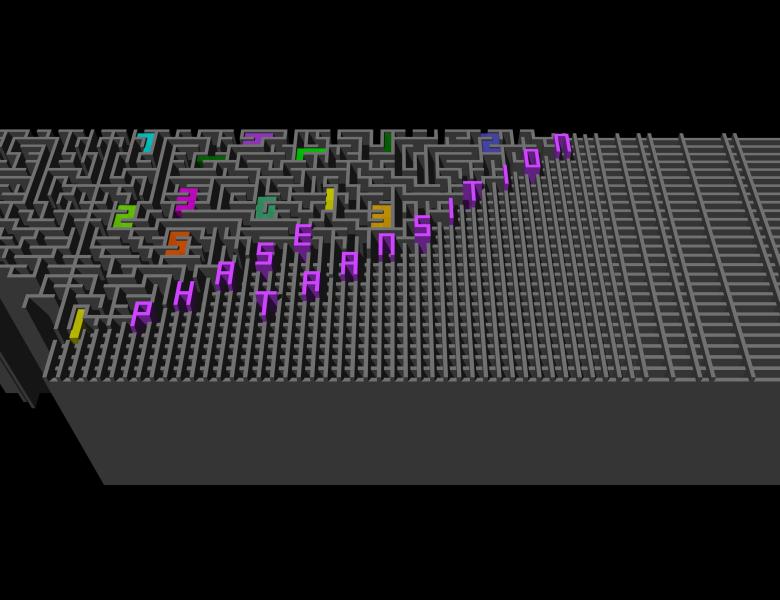We consider the problem of designing a simple, oblivious scheme to generate (almost) random permutations. We use the concept of switching networks and show that almost every switching network of logarithmic depth can be used to almost randomly permute any set of (1-epsilon)n elements with any epsilon>0 (that is, gives an almost (1-epsilon)n-wise independent permutation). Furthermore, we show that the result still holds for every switching network of logarithmic depth that has some special expansion properties, leading to an explicit construction of such networks. Our result can be also extended to an explicit construction of a switching network of depth O(log^2n) and with O(n log n) switches that almost randomly permutes any set of n elements.
Our results are obtained using a non-trivial coupling approach to study mixing times of Markov chains which allows us to reduce the problem to some random walk-like problem on expanders.
